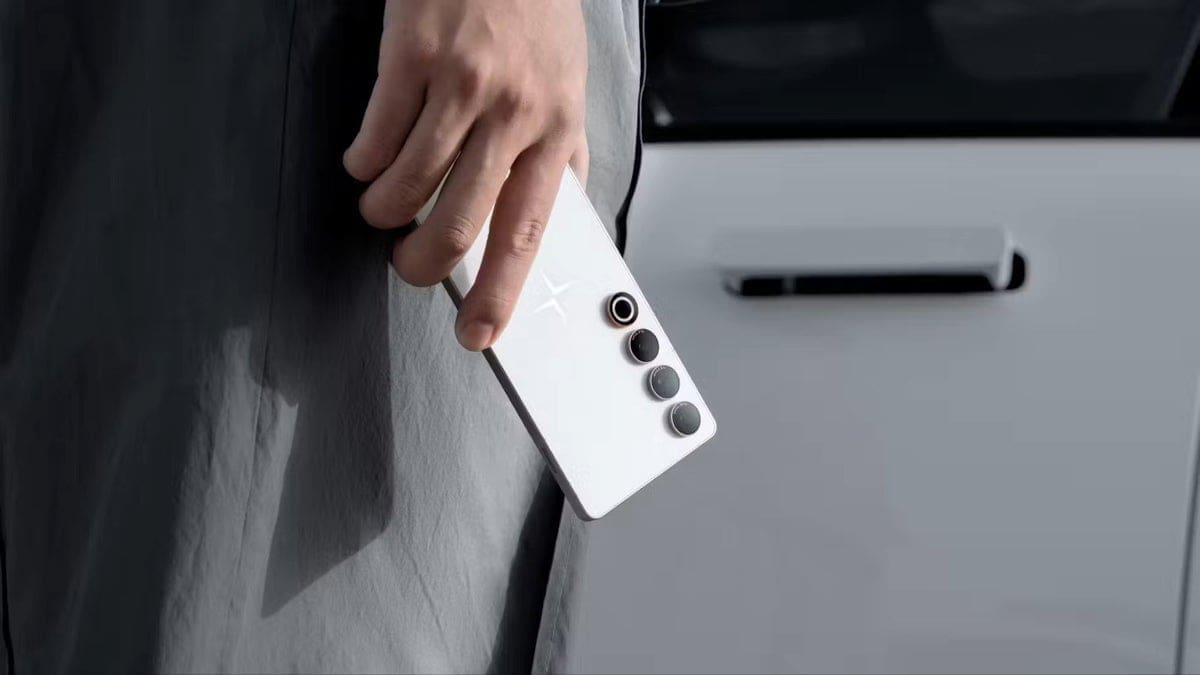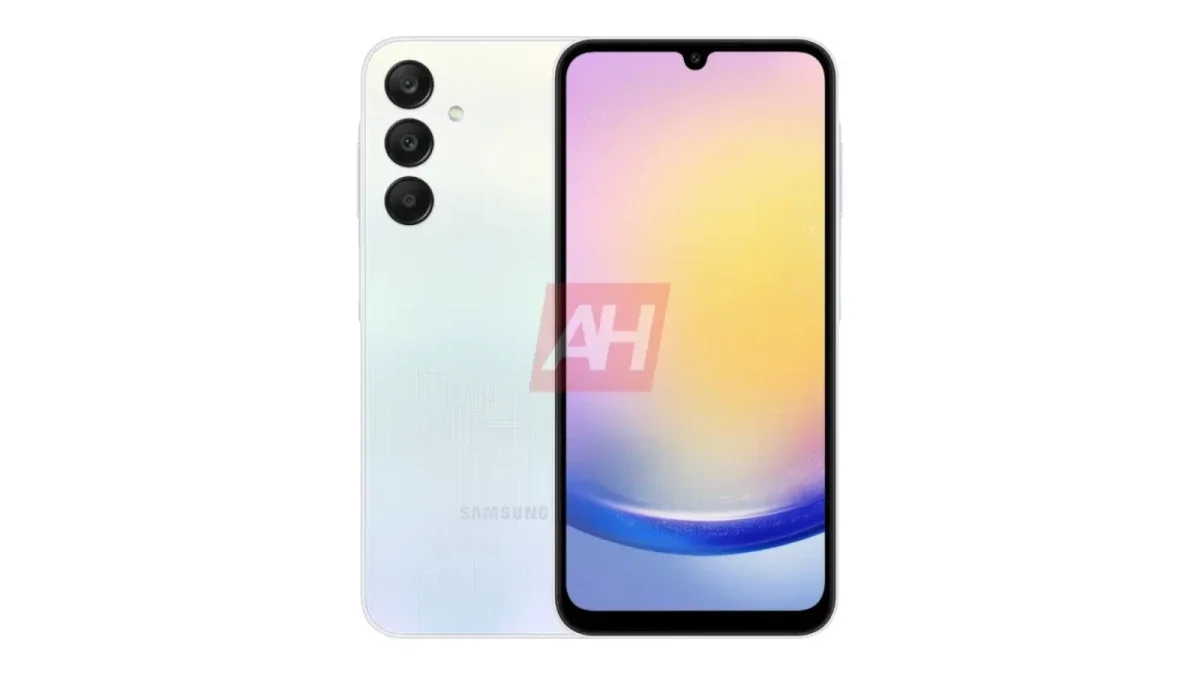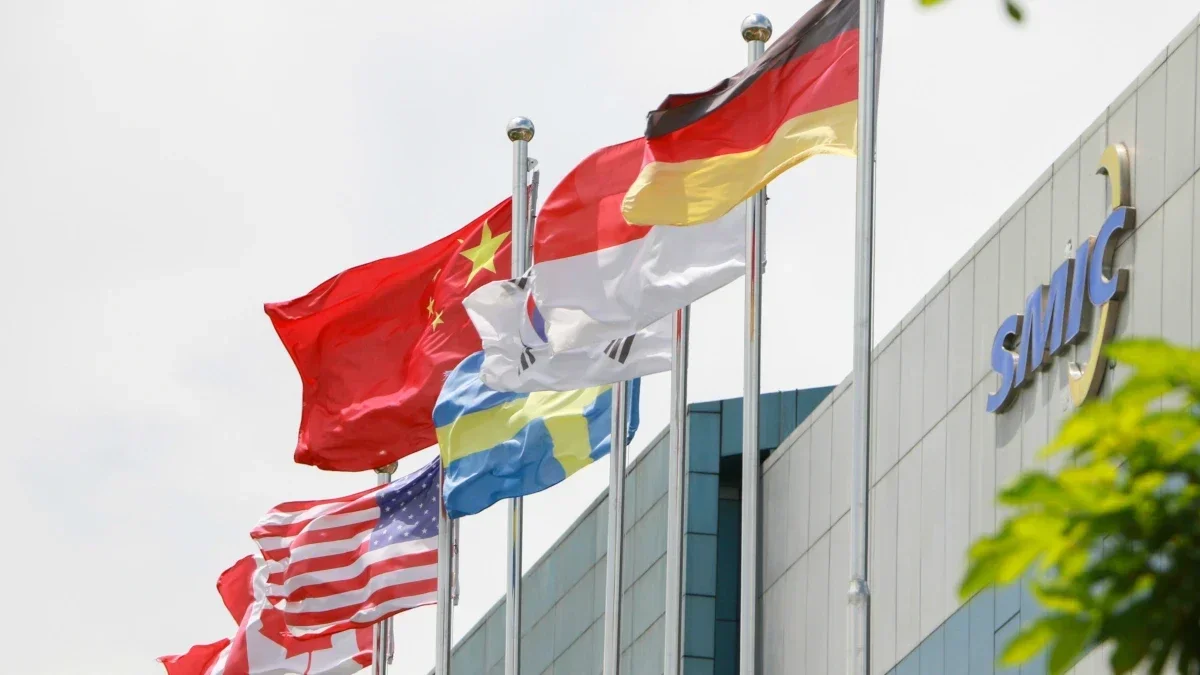Polestar, the electric vehicle (EV) manufacturer owned by Geely and Volvo Cars, has officially unveiled the Polestar Phone, marking its entry into the smart ...
At an event in Beijing, China, just before an upcoming auto show, Polestar introduced its first AI flagship device exclusively for Chinese consumers. The Polestar Phone features a 6.7-inch display with a 21:9 aspect ratio and a peak brightness of 1250 nits. It offers smooth visuals with an adaptive refresh rate of up to 120Hz and comes in a sleek Polestar White color option. Additionally, it is IP68 rated for protection against water splashes and dust.
The phone boasts a triple camera setup on the back, including a 50MP primary lens with OIS, a 13MP ultrawide lens, and a 10MP telephoto lens. For selfies, there is a 32MP punch-hole camera on the front.
Powered by the flagship Snapdragon 8 Gen 3 chip, the Polestar Phone offers impressive specs with 16 GB of RAM and a massive 1 TB of storage. It is equipped with a large 5,050mAh battery supporting 50W wireless charging and 80W wired charging for quick top-ups.
Running on the Polestar Phone OS, which is infused with artificial intelligence features like AI image search and text summaries, the device promises an enhanced user experience.
One standout feature of the Polestar Phone is its seamless integration with Polestar cars, especially the Polestar 4 model. Although UWB hardware support is currently unavailable, an upcoming update will enable the digital car key feature.
Currently available exclusively in China at a price of 7,388 yuan (approximately $1,020), there is no confirmation yet on whether it will be launched in other markets.
The collaboration between Polestar’s design team in Sweden and Chinese smartphone maker Meizu signals a shift towards technological convergence between automakers and phone manufacturers under Geely’s umbrella. This move comes as part of broader industry trends following Huawei and Xiaomi’s foray into automotive ventures.
Despite facing challenges like slow car sales prompting cost-cutting measures such as job reductions last year when it missed its target production numbers globally – this venture into smartphones reflects Polestar’s commitment to innovation amid evolving market dynamics.










